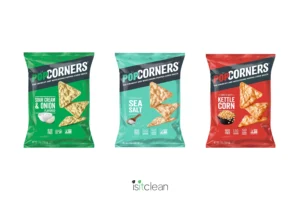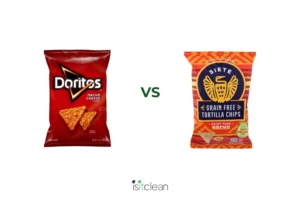
Acesulfame potassium is a zero-calorie sweetener that is added to many sugar-free…



Xylitol is a naturally occurring sugar alcohol that is commonly used as a sugar substitute. It is naturally occurring in some fruits and vegetables and is produced commercially from the bark of birch trees and other plant materials such as corn cobs and sugar cane bagasse. Making xylitol involves extracting the xylan, a component of the plant material, which is then hydrolyzed and fermented to produce xylose. The xylose is then hydrogenated to create xylitol. Xylitol similar in sweetness to sugar, but has 40% fewer calories. It is sold under various brand names and used in many low-calorie or low-carbohydrate packaged foods, and is also commonly used in chewing gums.

Xylitol has been studied in human and animal studies to have potential health benefits, such as positive effects on metabolic parameters, oral health, bone density, and collagen production. As a sugar alcohol, it can cause gastrointestinal distress when consumed in high amounts for some people but is generally better tolerated than other sugar alcohols. Commercial xylitol is a fairly processed sweetener and it may be derived from GMO corn.
Health is like a bank account, certain ingredients make a deposit into your health bank, meaning they add to
your health. Certain ingredients withdraw from your health bank. We want health promoting ingredients in our diet. To keep things simple, we rate ingredients on a green, yellow, red scale:

It is naturally occurring in food and has no harmful effects on the body. It is real food. It is health promoting.

It goes into one or more of the below categories

It is known to have a harmful effect on the body (ex. All food colorings, Natural Flavors, MSG, Potassium bromate, aspartame, artificial flavors)



The Food Showdown: Popcorners flavors
Ingredient Rating: Canola oil – is it bad for you?
Clean Consuming: Nourishment for your

We have accomplished so much in just 1 year since our launch in March of 2023! We now have 10,000

The Nacho Chip Food Showdown, is Tapioca Starch safe in food? and a must-see documentary on America’s food system.
Stay in the know with the latest ratings, articles, and our newsletter, The Dirt.